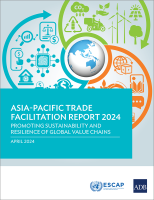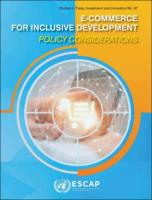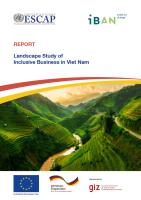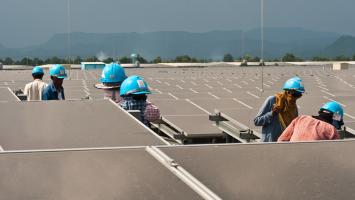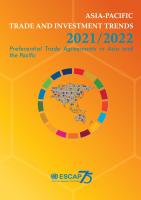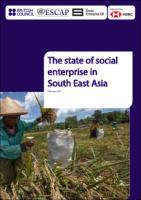United Nations Economic and Social Commission for Asia and the Pacific (ESCAP)
The Economic and Social Commission for Asia and the Pacific (ESCAP) is the most inclusive intergovernmental platform in the Asia–Pacific region. The Commission promotes cooperation among its 53 member states and 9 associate members in pursuit of solutions to sustainable development challenges. ESCAP is one of the five regional commissions of the United Nations.


